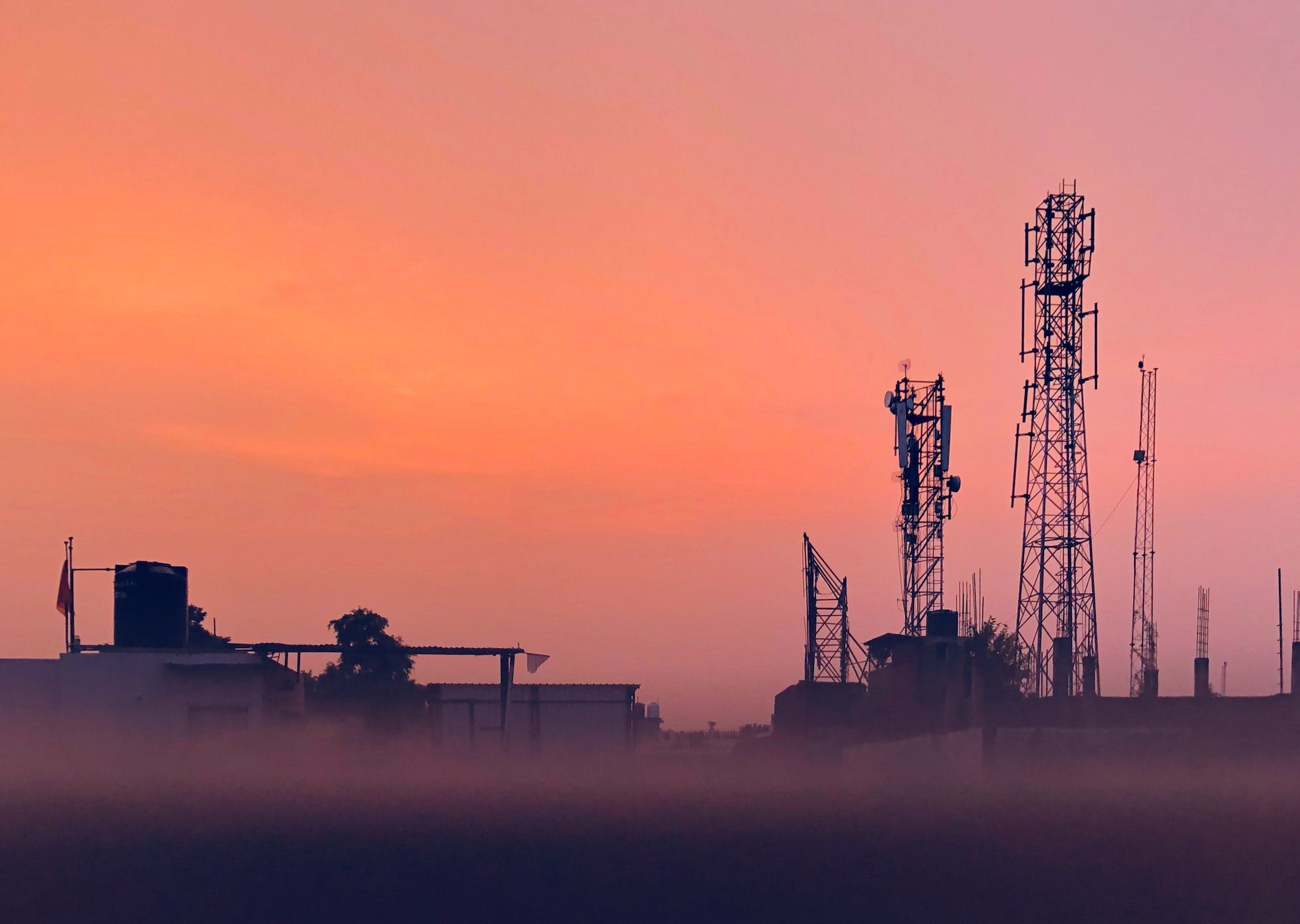
On August 8th, the Hungarian Daily News posted the headline “Russian Oil Supplies to Hungary have Stopped!” Now it seems that the issue has been at least temporarily resolved.
Ukraine had stopped the flow of Russian oil through the southern half of the Druzhba oil pipeline on August 4th due to technical difficulties with a bank payment for transit fees—complications caused by EU sanctions on financial transactions with Russia, according to Russia’s oil pipeline monopoly Transneft.
Transneft said in a statement that it had paid Ukrainian pipeline operator UkrTransNafta transit fees for August on July 22nd, but that the payment did not go through, as the money was returned to its account on July 28th. Service of Russian oil through the southern part of the pipeline, which passes through Ukraine and delivers to refineries in Hungary, Slovakia, and the Czech Republic was stopped on August 4th. The northern branch of the pipeline, which runs through Belarus and delivers oil to Poland and Germany, remained open. Reuters reported that it verified the southern half of the pipeline was closed.
The Russian pipeline operator blamed EU sanctions on Russia for the shutdown, stating that Gazprombank, which handled the payment, informed it that the money was returned because of European Union restrictions, Reuters reported.
Under EU sanctions, European banks have to receive approval from a relevant government authority before allowing a transaction, Transneft said.
“The situation is complicated because European regulators haven’t come up yet with a unified position on how banks should act in various jurisdictions, and they haven’t developed a process to issue permits either,” Transneft added.
The company said it was looking into alternative payment systems.
To quickly remedy the situation, Hungary and Slovakia stepped in to pay their share of the transit fees to the Ukrainian pipeline operator, EuroNews reports, and oil resumed flowing to those two countries on Wednesday, August 10th. At the moment, it is not expected to reach the Czech Republic. Czech refinery Unipetrol said it had enough oil for its operations. The Druzhba pipeline is one of two sources of oil for the country’s refineries.
Both Hungary and Slovakia attributed the situation to technical not political problems.
The Hungarian oil company MOL said on Wednesday that paying the fees directly to Ukraine had provided “a swift solution” to “technical issues emerging on the banking front” that had caused a halt in the pipeline.
“I would not see any additional political context behind this because there isn’t any. Simply, there was a technical failure or incorrect assessment. Such glitches happen,” Slovak Economy Minister Richard Sulik said at a news conference.Following news that oil had stopped flowing from Russia via Ukraine, oil jumped, but retreated after the oil started flowing again, Euronews reports. In its embargo on Russian oil imports, which come into force at the end of this year, the EU exempted imports of Russian crude and petroleum products via pipeline for the sake of landlocked countries, such as Hungary, the Czech Republic, and Slovakia, as they have had more difficulty in accessing other oil imports.